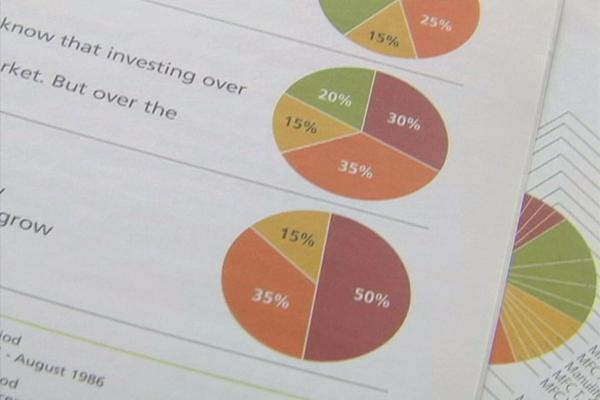Markets
CytoReason Shoots For $110M Net with Pfizer Partnership
CytoReason and Pfizer are re-upping their three-year partnership with a fresh, ambitious goal. The companies announced they would renew their partnership…


CytoReason and Pfizer are re-upping their three-year partnership with a fresh, ambitious goal.
On Tuesday, the companies announced they would renew their partnership with a $20 million equity investment from Pfizer that is projected to net $110 million over five years.
CytoReason is an artificial intelligence-powered disease model platform that speeds up drug discovery. It uses data to simulate different diseases on models of cells or tissue, which can help drug companies see the effects of different or molecules on the model and speed up drug discovery.
Search less. Close more.
Grow your revenue with all-in-one prospecting solutions powered by the leader in private-company data.
This shaves precious time off the long and arduous process of getting a drug to the market for patients while allowing drug companies to make more money off their therapeutics at a fraction of the cost.
The platform-pharma partnership
Israel-based CytoReason is a platform, one of many that are becoming the darlings of venture capital firms for their abilities to make money while they incubate by partnering with big pharmaceutical companies. This is a stark contrast to most drug-focused startups, which can spend roughly a decade and nearly a billion dollars before they can go to market and make a return on investment.
“One of the pharma organizations that hasn’t had a great R&D organization themselves says, ‘Hey, this is a unique game-changing way to discover new drugs. Maybe I should just buy the whole platform,’” said Todd Thomson, COO and CFO of early-stage biotech investment firm Kairos Ventures.
This leg up is exceptionally important for investors as the market downturn forced biotech companies to extend their runways with scant venture investment. Partnerships often act as a source of funding from large pharmaceutical companies when venture firms tighten their purse strings.
Platforms are slowly rising in the ranks of venture investment, making up roughly 35% of all biotech investment so far in 2022, per Crunchbase data. The year prior, that number was 28%.
CytoReason has partnered with several large pharma companies since it got its start in 2016, including Merck and Sanofi last year. But it’s far from the only one to do so. In 2021, California-based Appia Bio inked a deal with Kite Pharma worth up to $875 million (according to both companies) for a platform that could scale stem-cell therapies, bringing them to the patients faster.
“While we see the market still down, we know that there are large pharmas out there who are ready to absorb innovations and acquire and develop and partner on innovative biotech technology,” said Galym Imanbayev, the health-focused partner at Lightspeed Ventures.
Illustration: Li-Anne Dias

therapeutics
biotech
pharma
artificial intelligence
pharmaceutical
venture capital
buy

Wittiest stocks:: Avalo Therapeutics Inc (NASDAQ:AVTX 0.00%), Nokia Corp ADR (NYSE:NOK 0.90%)
There are two main reasons why moving averages are useful in forex trading: moving averages help traders define trend recognize changes in trend. Now well…
Spellbinding stocks: LumiraDx Limited (NASDAQ:LMDX 4.62%), Transocean Ltd (NYSE:RIG -2.67%)
There are two main reasons why moving averages are useful in forex trading: moving averages help traders define trend recognize changes in trend. Now well…
Seducing stocks: Canoo Inc (NASDAQ:GOEV 5.43%), Ginkgo Bioworks Holdings Inc (NYSE:DNA -1.12%)
There are two main reasons why moving averages are useful in forex trading: moving averages help traders define trend recognize changes in trend. Now well…















